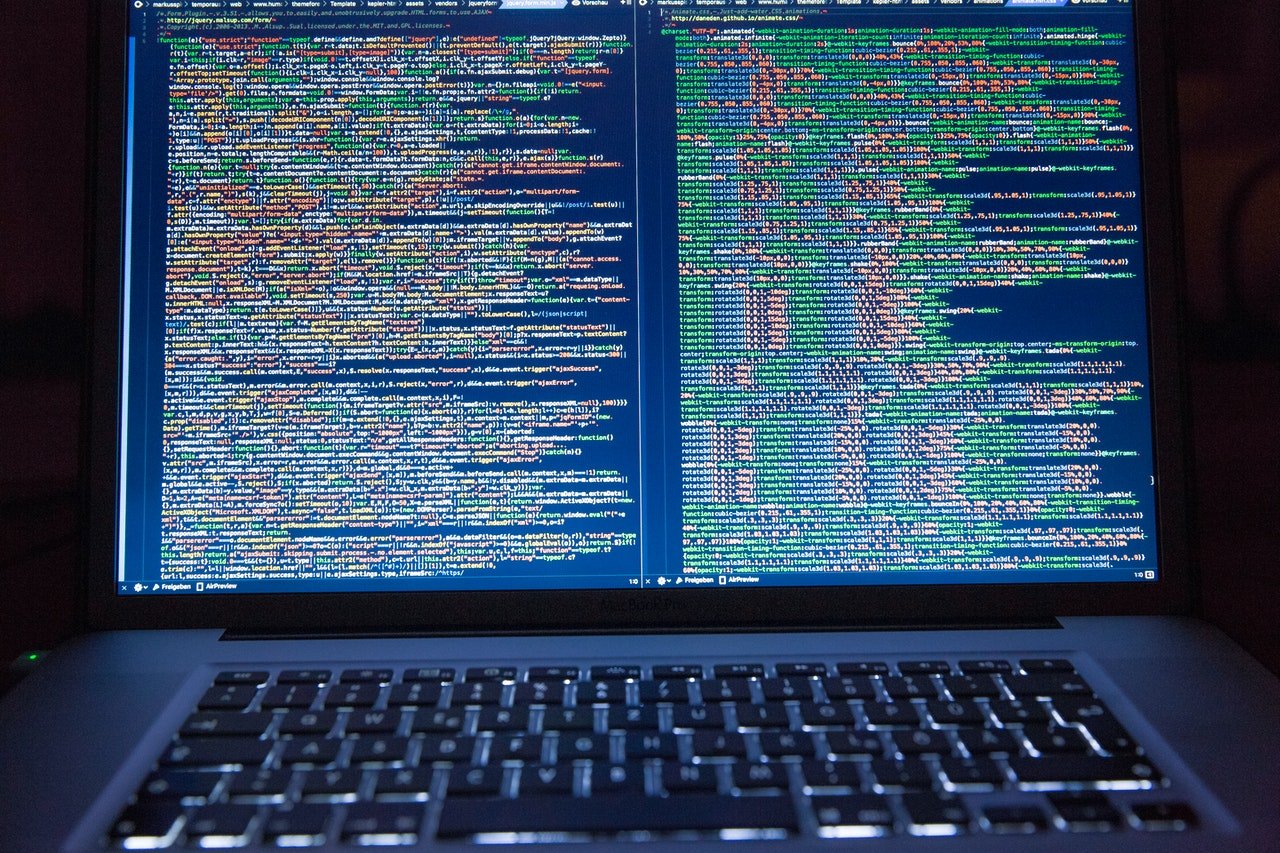One of the most common questions asked about web scraping is its legality. It is not a secret that uncouth internet characters have misused scraping bots, turning public anger against the scraping bots. There are lazy data miners out there that download data from websites then re-use as it is without processing it for insights.
Theft of data and fear of malicious bots that perform spam and Denial of Service attacks on websites have made the public very wary of scraping tools. Do you know that ‘good’ scraping bots have been scraping internet data for decades? A web scraper is not a novel concept but is an old tool used to navigate and access specific web files long before search engines took over the World Wide Web.
The web crawler tools would fetch all File Transfer Protocol sites and scrape their databases for indexing. Over time, websites have ballooned, bringing in massive amounts of videos, texts, images, and audio files online. Search engines were designed to ease access to this data. They, however, do not make it easy to download it when necessary.
The classic copy and paste function can work when downloading a few web pages but is a costly, expensive, inaccurate, and inefficient method of downloading multiple web pages. To compound the data access challenge, very few websites have inbuilt download options for open-source data.
Fortunately, good old web scraping tools stepped in to save the day. They have now become the cornerstone of the data mining and analytics industry.
What is a web scraper?
Web scrapers are coded bits of software that crawl and scrape online data with the assistance of artificial intelligence technology. These automated tools can download data cheaply and faster than any manual activity can. Web scraper technology varies according to site design. These tools, therefore, have different features and functionalities. You can always find more information about web scrapers, but in this article below, we’ll explain to you the main things that you need to know.
Their workflow process is, however, amazingly simple. They will log onto the designated URL then scrape the content requested. While some only scrape HTML data, others can render JavaScript or CSS files. The scraper tool will access all data specified by the user. They can, as an illustration, scrape price data only on an e-commerce website.
After indexing the data, they will download it into formats such as as.CSV or JSON files for databases and APIs.
Types of web scrapers
Self-built scrapers
Older web scraping solutions were mostly DIY projects done by the apt coder. Today, a student of code can build a web scraper that can sufficiently extract minimal amounts of data. These coders have also designed pre-built scrapers that you can download and set up to scrape data at once.
The most sophisticated of them have advanced options such as JSON exports and scrape scheduling.
Browser extension tools
The most common web scraping tools are apps like extensions added to browsers. These web scrapers are easy to install and run. Still, the availability of scraping features is often limited by the browser. They, for instance, may not support useful functions such as proxy rotations.
Cloud-hosted apps
Cloud-hosted scrapers are some of the most robust data access and download tools. Unlike pre- or self-built apps or third-party browser extensions, this web scraper’s functions run independently of your computer’s resources.
A cloud-hosted web scraping solution eliminates the need for the purchase of powerful computers to run the web scraping process. Their other benefit is that they will not run down your ISP data caps as locally run web scrapers are bound to.
This cloud-hosted off-site scraper is the most robust of all scraping solutions. It has many advanced features, such as IP rotation. Their providers have immensely helpful maintenance and customer support services, making them quite easy to use. This web scraper will nonetheless come at a premium, so it might not be cost-effective for minimal scraping needs.
Common web scraping myths debunked
Web scraping is illegal
Au contraire, my friend! Web scraping open source or public data is legal. As an illustration, LinkedIn sent HiQ, a cease-and-desist letter asking them to stop scraping data from their website. A Court of Appeal found HiQ not guilty of any crime since they only accessed publicly available data.
Web scraping is, therefore, legal, but the data collected should not be utilized without its owner’s direct permission.
All websites can be scraped
While web scraping public information is legal, scraping private data protected by passcodes and usernames is not. To stay on the safe side, study a website’s terms of service to ensure compliance. Do not download copyrighted data to avoid the Digital Millennium Copyright Act (DMCA) violations.
You need coding experience to use a web scraper tool
Web scraping is an essential process for people in diverse professions. For this reason, developers have designed web-scraping tools with friendly user interfaces that only require the input of URLs or keywords to scrape data.
Conclusion
A web scraper tool is critical for efficient data harvesting for businesses. These tools can enhance business processes such as research, price monitoring, tracking, lead generation, and market analysis. Access the best web scraping solutions from reputable providers and get scraping.

